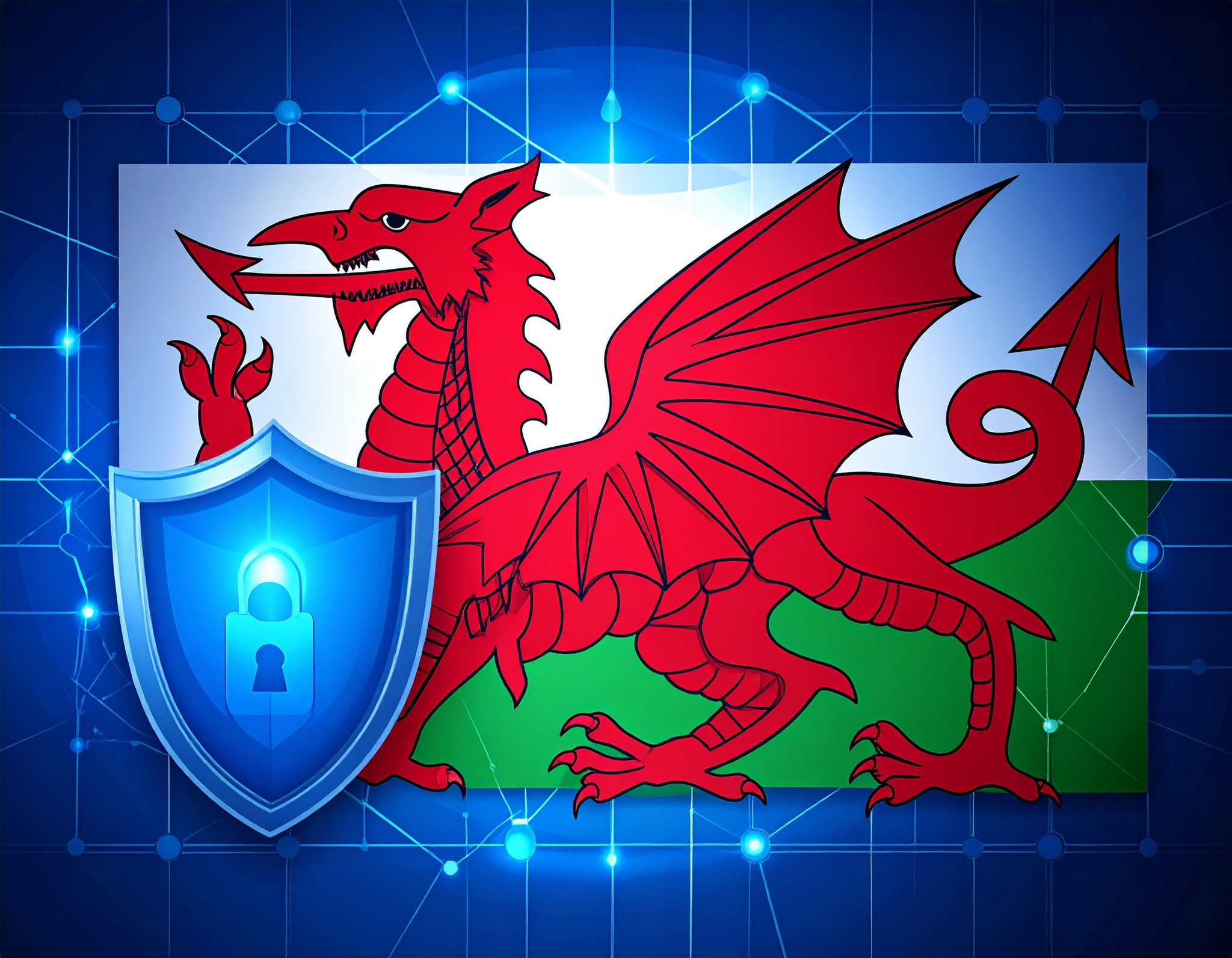Website Security Essentials Every Welsh Business Should Implement
Protect your business online with these essential security measures designed to safeguard your website and customer data.

Website Security Essentials Every Welsh Business Should Implement
Protect your business online with these essential security measures designed to safeguard your website and customer data.
Jack Warner
Founder & Lead Developer
Why Website Security Matters for Welsh Businesses
As more Welsh businesses establish their online presence, website security has never been more critical. Cyber attacks on small and medium businesses are increasing, with hackers specifically targeting local businesses that may have fewer security resources than large corporations.
This comprehensive guide outlines the essential security measures every Welsh business should implement to protect their website, data, and customers.
Essential Security Measures
1. Keep Software Updated
One of the simplest yet most effective security measures is keeping all software updated. This includes your content management system (like WordPress), plugins, themes, and server software.
Why it matters: Most software updates include patches for recently discovered security vulnerabilities. Outdated software is one of the most common entry points for hackers.
Implementation tip: Enable automatic updates where possible, and set a regular schedule (at least monthly) to manually review and update components that can't be updated automatically.
2. Use Strong Authentication
Weak passwords remain a leading cause of security breaches. Strengthen your authentication systems with these practices:
- •Implement strong password policies (minimum 12 characters, mix of characters)
- •Use two-factor authentication (2FA) for all admin accounts
- •Limit login attempts to prevent brute force attacks
- •Use unique admin usernames (not "admin")
Implementation tip: Consider using a password manager for your business to generate and securely store complex passwords.
3. Install an SSL Certificate
An SSL certificate encrypts data transmitted between your website and visitors' browsers.
Why it matters: Beyond security, SSL certificates are now essential for SEO, as Google prioritizes secure websites in search results. Customers also trust websites with the padlock icon in their browser.
Implementation tip: Many hosting providers offer free SSL certificates through Let's Encrypt. For e-commerce or sites collecting sensitive data, consider investing in an extended validation (EV) SSL certificate.
4. Implement Regular Backups
Regular, secure backups are your safety net against all types of disasters, including security breaches.
- •Back up your entire website at least weekly (daily for e-commerce)
- •Store backups in multiple locations, including off-site
- •Encrypt backup files
- •Regularly test backup restoration
Implementation tip: Follow the 3-2-1 backup rule: Keep 3 copies of your data, on 2 different types of storage media, with 1 copy stored off-site.
5. Use a Web Application Firewall (WAF)
A WAF helps protect your website by filtering and monitoring HTTP traffic between your website and the internet.
Why it matters: WAFs can block common attacks like SQL injection, cross-site scripting (XSS), and file inclusion exploits before they reach your website.
Implementation tip: Cloud-based WAFs like Cloudflare offer free and affordable plans suitable for most Welsh businesses.
Additional Security Measures
Regular Security Scans
Implement regular security scanning to identify vulnerabilities before hackers do. Several tools can automatically scan your website for common security issues.
Content Security Policy (CSP)
Implement a Content Security Policy to prevent cross-site scripting (XSS) attacks by specifying which dynamic resources are allowed to load.
Limit File Uploads
If your website allows file uploads, restrict file types and scan all uploads for malware before processing them.
Secure Hosting
Choose a reputable hosting provider with strong security practices, including server-level firewalls, intrusion detection, and regular security updates.
GDPR Compliance for Welsh Businesses
As a Welsh business, you're subject to GDPR regulations. Security measures are a key component of GDPR compliance:
- •Implement data minimization (only collect necessary data)
- •Ensure proper consent mechanisms for data collection
- •Have a clear privacy policy
- •Create a data breach response plan
- •Encrypt sensitive data both in transit and at rest
Case Study: Welsh Business Security Success
A Cardiff-based retail business implemented the security measures outlined above after experiencing a minor data breach. The results included:
- •Zero security incidents in the following 18 months
- •Improved customer trust (measured through feedback surveys)
- •Streamlined GDPR compliance process
- •Cost savings from avoiding potential breach remediation
Conclusion: Security as a Business Asset
Website security isn't just about preventing problems—it's about building trust with your customers and protecting your business reputation. For Welsh businesses competing in an increasingly digital marketplace, robust security measures are a competitive advantage and essential business investment.
At WebDev Wales, we provide comprehensive security assessments and implementations for businesses throughout South Wales. Contact us to learn how we can help secure your online presence.
Related Articles
Need Help With Your Website?
Our team of expert web developers can help optimize your site for better performance, higher search rankings, and increased conversions.



